Post-Soviet Legacies and Conflicting Values in Europe
Russian, Eurasian, and Eastern European Politics
Series Editor: Michael O. Slobodchikoff, Troy University
Mission Statement
Following the collapse of the Soviet Union, little attention was paid to Russia, Eastern Europe, and the former Soviet Union. The United States and many Western governments reassigned their analysts to address different threats. Scholars began to focus much less on Russia, Eastern Europe and the former Soviet Union, instead turning their attention to East Asia among other regions. With the descent of Ukraine into civil war, scholars and governments have lamented the fact that there are not enough scholars studying Russia, Eurasia, and Eastern Europe. This series focuses on the Russian, Eurasian, and Eastern European region. We invite contributions addressing problems related to the politics and relations in this region. This series is open to contributions from scholars representing comparative politics, international relations, history, literature, linguistics, religious studies, and other disciplines whose work involves this important region. Successful proposals will be accessible to a multidisciplinary audience, and advance our understanding of Russia, Eurasia, and Eastern Europe.
Advisory Board
Michael E. Aleprete, Jr | Richard Sakwa |
Gregory Gleason | Andrei Tsygankov |
Dmitry Gorenburg | Stephen K. Wegren |
Nicole Jackson | Christopher Ward |
Matthew Rojansky |
Books in the Series
Understanding International Relations: Russia and the World , edited byNatalia Tsvetkova
Geopolitical Prospects of the Russian Project of Eurasian Integration , by Natalya A. Vasilyeva and Maria L. Lagutina
Eurasia 2.0: Russian Geopolitics in the Age of New Media , edited by Mark Bassin and Mikhail Suslov
Executive Politics in Semi-Presidential Regimes: Power Distribution and Conflicts between Presidents and Prime Ministers , by Martin Carrier
Post-Soviet Legacies and Conflicting Values in Europe: Generation WhY , by Lena M. Surzhko-Harned and Ekaterina Turkina
Post-Soviet Legacies and Conflicting Values in Europe
Generation WhY ?
Lena M. Surzhko-Harned and Ekaterina Turkina
LEXINGTON BOOKS
Lanham Boulder New York London
Published by Lexington Books
An imprint of The Rowman & Littlefield Publishing Group, Inc.
4501 Forbes Boulevard, Suite 200, Lanham, Maryland 20706
www.rowman.com
Unit A, Whitacre Mews, 26-34 Stannary Street, London SE11 4AB
Copyright 2018 by Lexington Books
All rights reserved . No part of this book may be reproduced in any form or by any electronic or mechanical means, including information storage and retrieval systems, without written permission from the publisher, except by a reviewer who may quote passages in a review.
British Library Cataloguing in Publication Information Available
Library of Congress Cataloging-in-Publication Data Available
ISBN 978-1-4985-3197-9 (cloth : alk. paper)
ISBN 978-1-4985-3198-6 (electronic)
 The paper used in this publication meets the minimum requirements of American National Standard for Information SciencesPermanence of Paper for Printed Library Materials, ANSI/NISO Z39.48-1992.
The paper used in this publication meets the minimum requirements of American National Standard for Information SciencesPermanence of Paper for Printed Library Materials, ANSI/NISO Z39.48-1992.
Printed in the United States of America
To our parents and grandparents, with love and gratitude.
Contents
Michael Slobodchikoff
Following the collapse of the Soviet Union, little attention was paid to Russia, Eastern Europe, and the former Soviet Union. The United States and many Western governments reassigned their analysts to address different threats. Scholars began to focus much less on Russia, Eastern Europe, and the former Soviet Union, instead turning their attention to East Asia among other regions. With the descent of Ukraine into civil war, scholars and governments have lamented the fact that there are not enough scholars studying Russia, Eurasia, and Eastern Europe. Scholars must again turn their focus on this extremely important geographic area. There remains much misunderstanding about the politics of the region. With tensions between governments at heightened levels unprecedented since the Cold War, scholarship addressing the politics of the region is extremely vital. The Russian, Eurasian, and Eastern European Politics Book Series aims at remedying the deficiency in the study and understanding of the politics of Eurasia.
The transition from communism to capitalism has been very difficult for many Eastern European states. Some of the states have been much more successful in their economic and political transitions than other states. While the process of democratic transition was widely studied in the 1990s, few scholars have examined the effect that generational change would have on the postcommunist states. A new generation is starting to come to power that never experienced communism, causing a tension with the previous generation. This tension between generations presents a very difficult dilemma for postcommunist states as they continue the process of transformation. This book examines generational difference and their effects on political change in postcommunist states. This is an extremely important topic, and this book should be required reading for all political scientists who study political transition.
Michael O. Slobodchikoff
Series Editor
Lexington Russian, Eurasian and Eastern European Politics Book Series
When we first started to discuss this project in 2007 we had very little idea how poignant our research will become ten years later. We were graduate students at the University of Pittsburgh. Ekaterina, a native of Russian Federation, and Lena, a native of Ukraine, both pursued our PhDs and worked at the European Union Center of Excellence at the University Center for International Studies. At the time our curiosity was matched by our idealism and optimism. The study of democratization, market economic relations, European integration, and nationalism attracted us both due to, in many respects, as we later admitted to each other, our experiences with the post-Soviet transition of the 1990s.
While we shared a common language and arguably had very similar childhood experiences, we were acutely aware of the different impacts that the post-Soviet transition left on our home countries. Yet, we also realized that our generation both profited and was shaped by the process of economic and political transition. While we saw firsthand the physical and psychological effects that the aftermath of the regime collapse left on the people of older generations, we felt that our experience with the transition, which coincided with the formative decade of our lives, left a profound impact on our worldviews, which differed from our parents and grandparents. More of us had a chance to travel abroad. We had chewing gum and jeans readily available to us. We consumed more Western culture than was good for us, according to our elders. We profited from expanding globalization in telecommunication technology, and more of us were fluently multilingual. Thus, we set out to seek empirical validation to our claim that the postcommunist generation stood apart from the previous generation.
Among the casual conversations of scholars of postcommunist transition, one can frequently hear a suggestion, if not an assertion, that failures or shortcomings of political democratic transition in the former Soviet Union had much to do with the lack in democratic values and experiences among the leadership and the population. To put it more scientifically, the post-Soviet political culture did not allow for democratic consolidation. The only hope of a solution to this problem would be if the new post-Soviet generation can grow up to manifest the democratic values and contribute to the consolidation of the democratic transition which started in the 1990s. The political activism and the so-called colored revolutions of the 2000s seem to validate this point, as more members of the post-Soviet generation across the post-Soviet space asserted their right to, and desire to, break with Soviet style leadership and old structures. Unfortunately, the revolutions did not seem to produce the desired or even intended effects. Yet, they seem to have laid the path for a future manifestation of political unrest spearheaded by this younger generation.

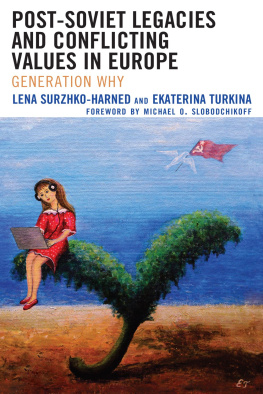

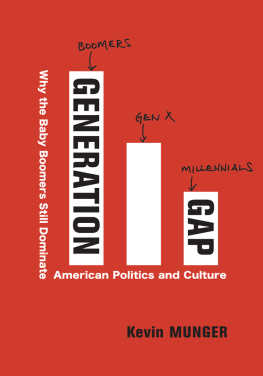
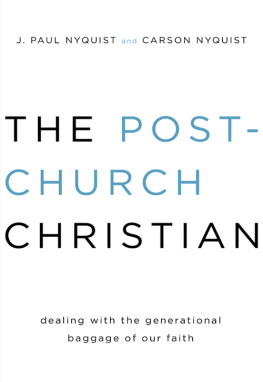
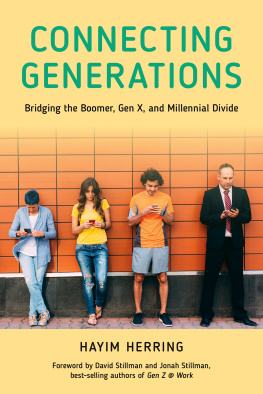
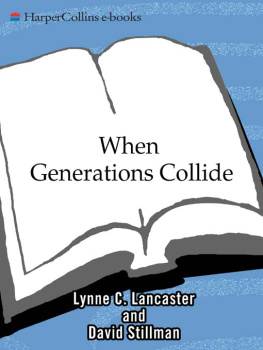


 The paper used in this publication meets the minimum requirements of American National Standard for Information SciencesPermanence of Paper for Printed Library Materials, ANSI/NISO Z39.48-1992.
The paper used in this publication meets the minimum requirements of American National Standard for Information SciencesPermanence of Paper for Printed Library Materials, ANSI/NISO Z39.48-1992.